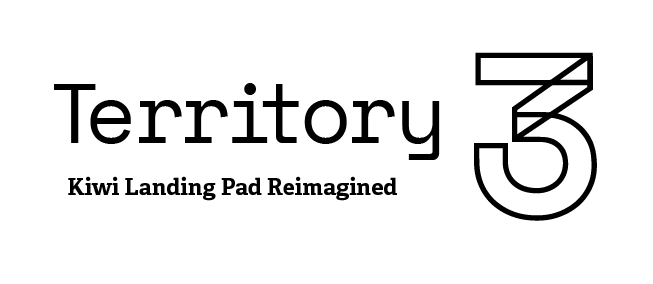Mastering Dollar Cost Averaging: A Comprehensive Guide for Confident Investing
Introduction
In the realm of investing, navigating market fluctuations can be challenging, especially for new investors. Dollar Cost Averaging (DCA) is a strategy that simplifies this process, making it accessible and less intimidating for everyone.
What is Dollar Cost Averaging (DCA)?
Dollar Cost Averaging is an investment approach where you consistently invest a fixed amount of money into a particular asset or portfolio over regular intervals. This strategy is designed to mitigate the impact of market volatility on investment.
The Mechanics of DCA
Imagine you decide to invest $100 every month into a mutual fund. With DCA, you'll purchase more shares when the prices are low and fewer when the prices are high. Over time, this approach can lower the average cost per share of your investments.
Advantages of DCA
- Reduces Market Timing Risks: DCA helps in avoiding the pitfalls of trying to time the market, which is often unpredictable.
- Psychological Comfort: Regular, fixed investments can reduce the stress and emotional decisions often associated with market fluctuations.
- Flexibility and Accessibility: DCA is suitable for investors with a limited budget who can invest smaller amounts regularly.
How to Implement DCA
- Set Clear Investment Goals: Understand your long-term financial objectives.
- Choose the Right Asset: Select stocks, mutual funds, or ETFs that align with your risk tolerance and investment goals.
- Decide on Investment Frequency and Amount: Determine how much you can invest regularly (monthly, quarterly, etc.).
- Automate Your Investments: Consider setting up automatic transfers to your investment account to maintain consistency.
- Monitor and Adjust: Regularly review your investment strategy and adjust as needed based on changes in your financial situation or goals.
DCA vs. Lump Sum Investing
While DCA spreads out investment risk over time, lump-sum investing involves investing a large amount at once. Lump-sum investing can potentially yield higher returns if done at the right market timing, but it also comes with higher risks compared to DCA.
Limitations of DCA
- Opportunity Cost: In a consistently rising market, DCA might result in lower gains compared to lump-sum investments.
- Transaction Fees: Regular investing can incur more transaction fees, depending on your brokerage or investment platform.
Conclusion
Dollar Cost Averaging is a prudent and straightforward investment strategy, especially beneficial for new investors or those who prefer a more cautious approach to investing. By investing fixed amounts regularly, you can potentially lower the average cost of your investments and build wealth over time, all while minimizing the emotional stress of market timing decisions.
This blog post is for informational purposes only and should not be considered financial advice. Always consult with a financial advisor for personalized investment advice.
© 2026 MarketRacoon - All Rights Reserved.

